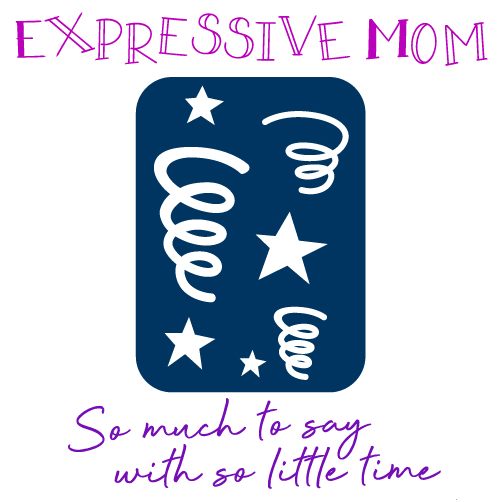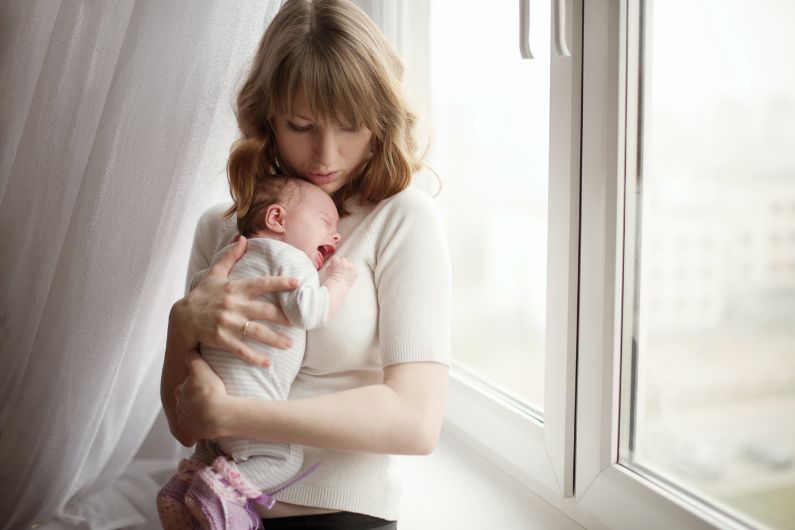In the early months of your child’s life, you will experience many highs. You’ll be there for their first belly laugh, holiday celebrations, and all their world discoveries.
Meanwhile, some lows in your child’s life can impact their growing period. As babies learn to communicate, this can result in them crying and doing anything to get your attention. But if they keep crying and fussing, you might not know how to resolve their discomfort. So, here are a couple of reasons your bundle of joy may be feeling cranky.
The Teething Phase Has Begun
As their baby teeth push through your child’s sensitive gums, it can quickly lead to discomfort and meltdowns. Teething is a natural part of every baby’s life, so it’s vital that you provide the comfort they need for quick and easy soothing.
Some signs of teething include increased interest in chewing, refusing to eat foods they love, and an overall decreased mood. So, provide your baby with cold teething toys that can give them the relief they need.
Hunger Strikes
One of the reasons your little one may experience crankiness is due to their rumbling tummies. All babies are different when it comes to expressing hunger. Some pre-fussy signs of hunger include moving their hands to their mouths or smacking their lips.
However, if you miss their hunger cues, crying and fussiness are surefire ways to get your attention. Feeding your little one every two to three hours will help them feel satiated and relaxed. If they’re experiencing indigestion, hold them upright or on their left side while rubbing their back to move the gas through. Changing their formula can also help with gassiness or indigestion, as it can be easier to break down in their digestive systems.
Diaper Changes
Babies make it known when they’ve been sitting in their soiled diapers longer than they desire. Wet, cold, and odor-ridden diapers can quickly switch your baby’s mood from happy to miserable. So, remember to keep a close eye on their diaper situation, as they can immediately become unhappy as soon as they soil their diaper.
Catching an Illness
It isn’t uncommon for babies to catch colds or fevers in their early months. Sick babies often cry and express their discomfort while also experiencing vomiting, diarrhea, fevers, and more.
Taking a baby’s temperature rectally helps give you an accurate reading, especially if they feel under the weather. If you have a baby under two months of age with a fever, contact your pediatrician to help you get the help your little one needs.
Babies go through so much in their early life, from developing at a rapid pace to suddenly catching a cold. While they experience so many things at once, it’s vital that you support your baby throughout their growth and keep them feeling safe.



Connect With Me !